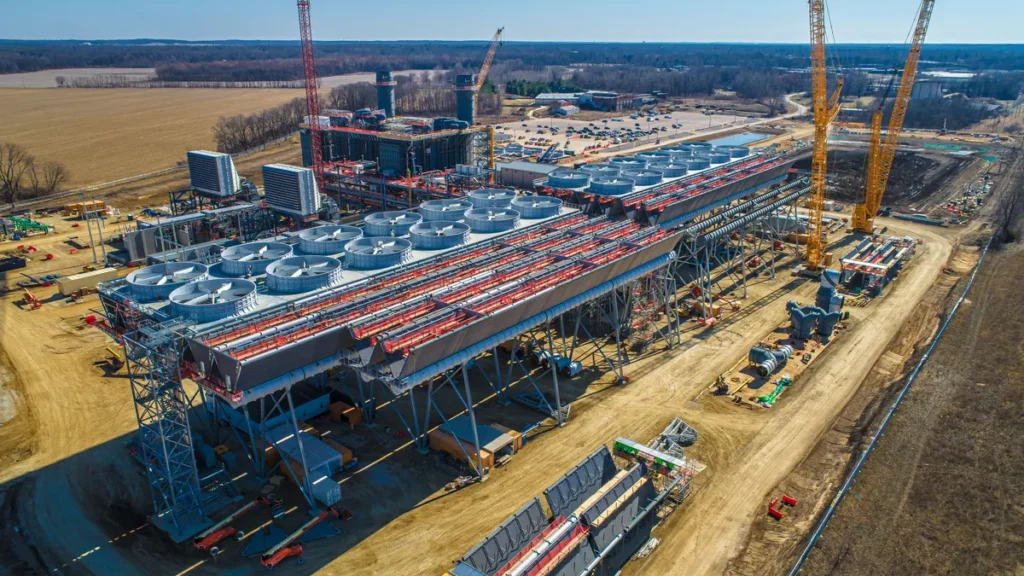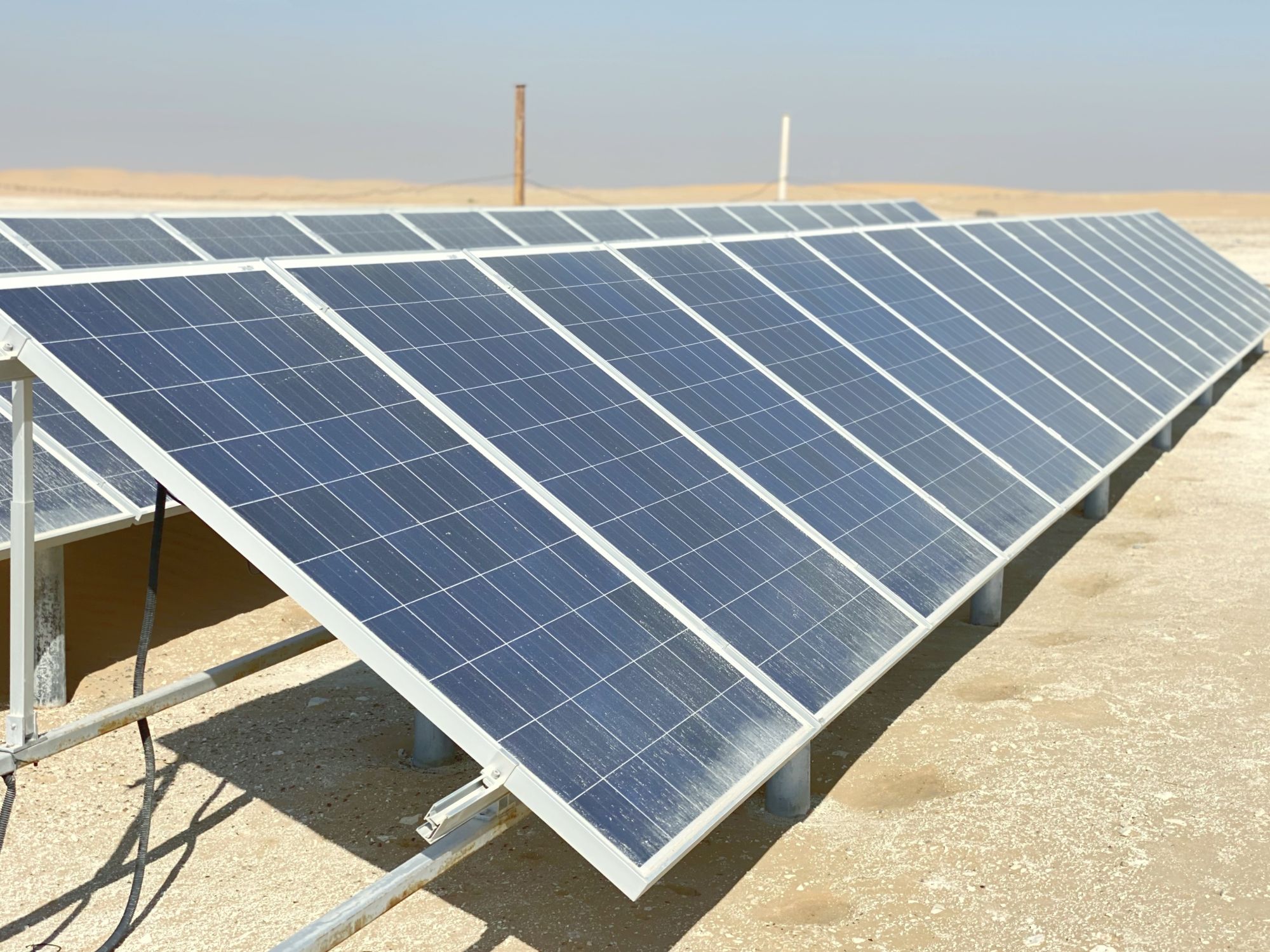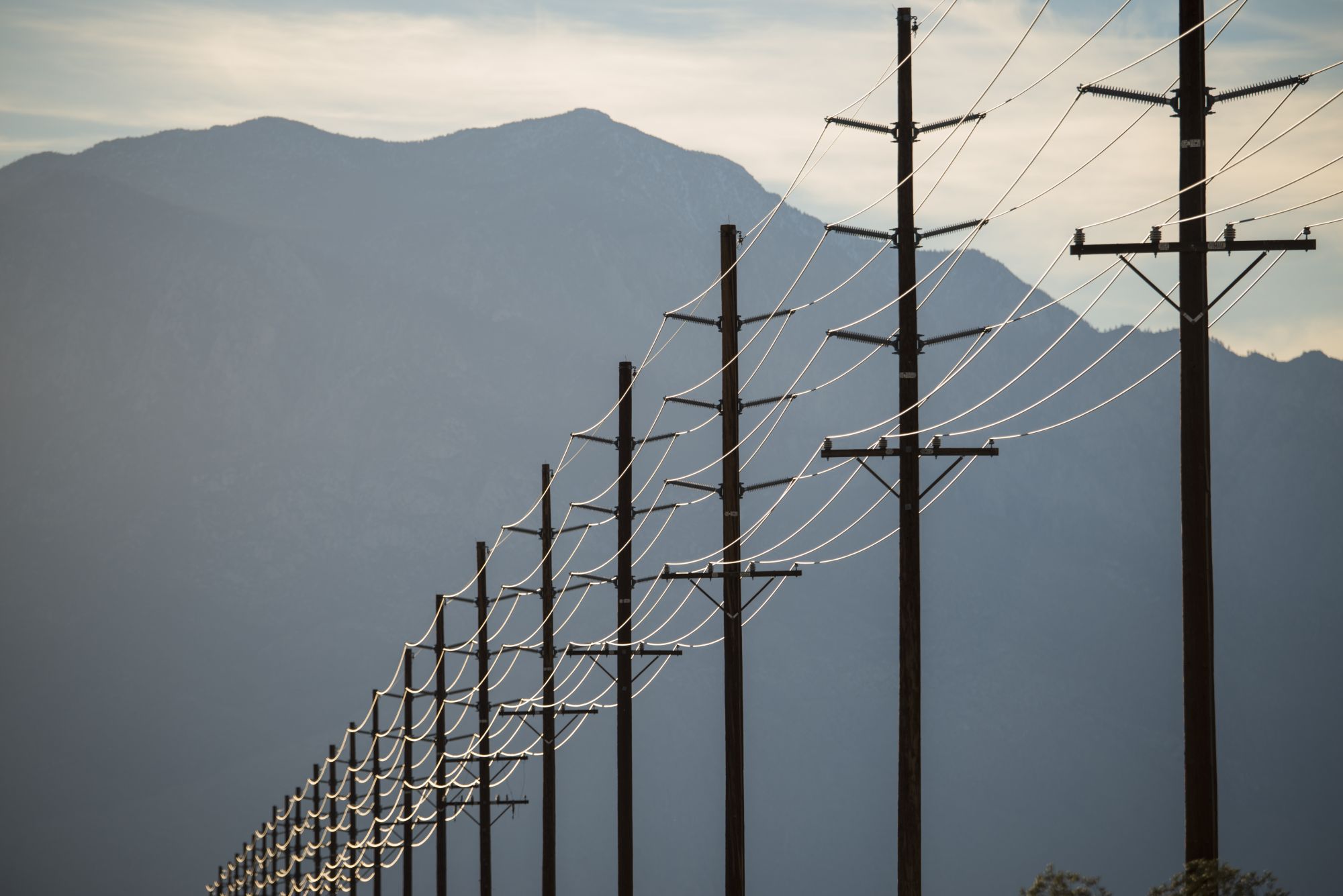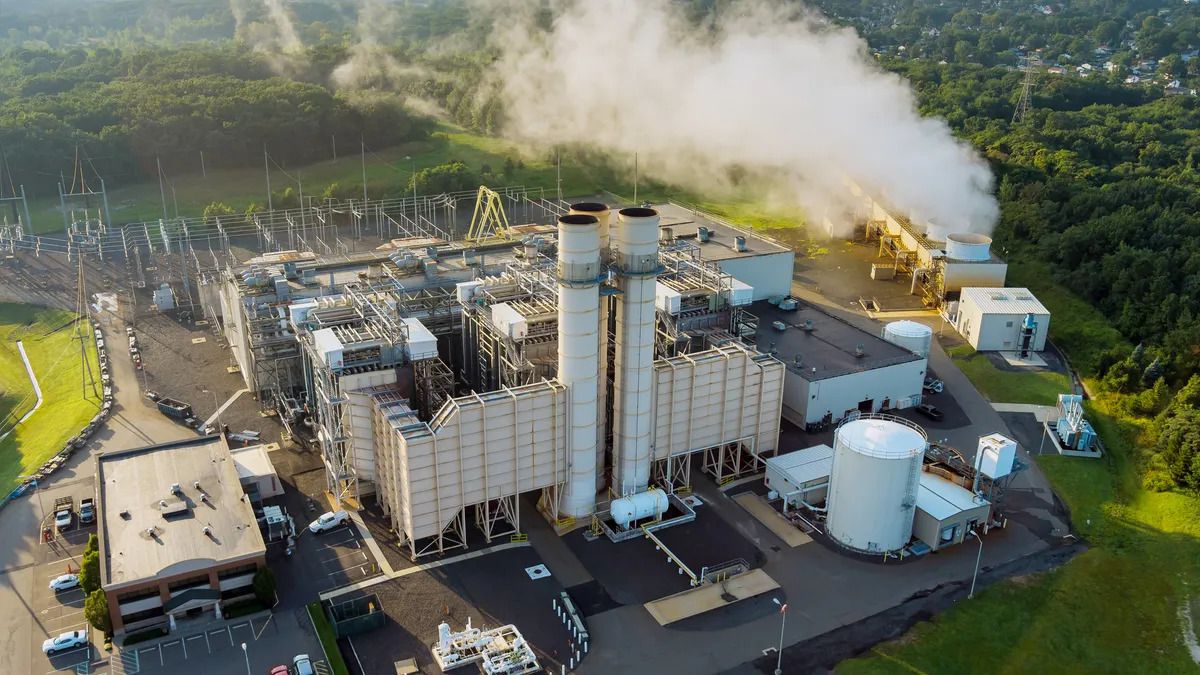WWW.UTILITYDIVE.COM
Dive Brief:
- Ameren, DTE Energy, Entergy as well as state utility regulators and data center companies are among the supporters of the Midcontinent Independent System Operator’s fast-track interconnection proposal, arguing it addresses near-term reliability needs, according to filings at the Federal Energy Regulatory Commission on Monday.
- However, NextEra Energy Resources, Vistra, renewable energy trade groups, environmental organizations, the Michigan Public Service Commission and eight former FERC commissioners urged FERC to reject MISO’s Expedited Resource Addition Study proposal, saying it was discriminatory.
- The ERAS proposal threatens FERC’s open access principle, which aims to ensure utilities and independent power producers have equal access to the transmission system, according to the former FERC commissioners. “Adoption of ERAS will undermine competition in MISO leading to higher costs for customers,” they said in a letter to FERC.
Dive Insight:
Like other grid operators, MISO is experiencing falling reserve margins coupled with lengthy interconnection reviews that slow the process of bringing power supplies online. In response to “looming” resource adequacy and reliability needs, MISO worked with stakeholders to develop its ERAS proposal, which it filed at FERC for approval in mid-March.
Under the proposal, starting June 2, MISO will study ERAS projects outside its standard interconnection process serially, each quarter and grant an interconnection agreement within 90 days. “Relevant electric retail regulatory authorities,” such as state utility commissions, would notify MISO which projects should enter the fast-track review. Projects must have a commercial operation date within three years of filing an application, but would be eligible for the additional three-year grace period included in MISO’s standard interconnection agreement. MISO would end the program at the end of 2028 at the latest.
The Organization of MISO States, which represents state utility regulators, supports MISO’s proposal. It is a “narrowly tailored, necessary, and temporary solution to a specific, unprecedented challenge: the rapid and unexpected influx of new large loads, such as data centers and manufacturing facilities, outpacing the timing of MISO’s current generation interconnection queue,” OMS said.
Not all states face immediate resource adequacy or reliability challenges, but there is broad alignment among the MISO states in support of the ERAS process, OMS said.
“OMS members believe that ERAS can be deployed swiftly and can assist in the short-term while MISO puts the interconnection queue into regular, working order,” the group said.
The Michigan PSC and the Montana Public Service Commission opposed the OMS filing and the Illinois Commerce Commission abstained from the vote.
The Data Center Coalition also supports MISO’s plan, saying that without ERAS, some data center projects in the MISO region may not move ahead because of a lack of power supplies. “The accelerated process enabled by ERAS can increase the timing and investment certainty needed for select data center projects in the MISO region, which would otherwise face uncertainty with the current queue backlog,” the trade group said.
MISO’s transmission owners, including utilities such as MidAmerican Energy, Wolverine Power Supply Cooperative and Xcel Energy, also support ERAS. The proposed ERAS process would avoid undue discrimination because it is open to all project applicants, regardless of the developer, fuel type or technology, according to the group.
IPPs, Michigan PSC see discrimination
However, independent power producers said MISO’s proposal gives some entities “substantial advantages” by letting them jump ahead of projects waiting in MISO’s years-long delayed interconnection queue.
“Rather than a one-time, limited process, MISO’s ERAS process will be conducted up to 14 times over the course of years and be unlimited in size, with no guardrails to prevent the ERAS process from becoming a second, unmanageable queue that would paralyze the MISO interconnection process,” Clearway Energy Group, EDF Renewables, Enel Green Power North America, NextEra and other IPPs said.
The proposal delegates many terms and conditions of interconnection service to state and local regulatory authorities outside of FERC’s jurisdiction and leaves those processes ripe for arbitrary and unduly discriminatory outcomes, the companies said.
The Michigan PSC and the Illinois Commerce Commission also raised concerns about the proposal.
ERAS favors incumbent utilities and lacks safeguards to avoid preferential and discriminatory practices that were included in the PJM Interconnection’s Reliability Resource Initiative, which FERC approved in February, the Michigan PSC said in urging the agency to reject the plan.
Also, the proposal’s effective six-year online deadline “is far too long of a period for a resource that is supposedly expedited through ERAS and is presumably necessary for an imminent resource adequacy need,” the PSC said.
The former FERC commissioners – including most recently former chairmen Richard Glick and Neil Chatterjee – said PJM’s and the California Independent System Operator’s fast-track interconnection plans approved by FERC were more narrowly tailored than the one offered by MISO.
“It has been nearly 30 years since FERC first planted the flag of open access when the Commission issued Order No. 888,” the former commissioners said. “We have come too far to reverse course now, especially when, as other regions have demonstrated, more narrowly-tailored options to expedite the generator interconnection process for resource adequacy purposes are available.”












